Offered for sale is the very rare
ORIGINAL BOUND COMPLETE YEAR 1939 OF THE OFFICIAL PERIODICAL OF THE INFAMOUS I.G. FARBEN COMPANY
‘VON WERK ZU WERK’
THE THEN LARGEST CHEMICAL COMPANY IN THE WORLD BECAME FAMOUS FOR ASPIRIN, AGFA, ETC. AND INFAMOUS FOR OPERATING A HUGE FACTORY COMPLEX AT AUSCHWITZ AND FOR BEING THE PRODUCER OF ZYKLON POISON GAS
Offered for sale are all 1939 issues of the official monthly periodical from the largest chemical company in the world at the time that became famous for products such as Aspirin and Agfa film and that became infamous for operating a huge factory at Auschwitz concentration camp and for being the maker of Zyklon poison gas. The 8 x 11-1/2 inch periodicals are in near mint condition, well protected for the last 80 years in the original IG Farben binder. Single issues are not very common but a complete year, original bound is very hard to find.
I.G. Farben
The corporate preparations for World War II started as early as 1925, when Bayer, BASF, Hoechst and other German multinationals formed a cartel called “IG Farben Industry”. The declared goal of this cartel was to obtain control of the global markets in the key industrial sectors of chemistry, pharmaceuticals and petrochemicals. Already in 1925, when this cartel was founded, its corporate value surpassed 11 billion Reichsmark and it employed more than 80,000 people. In 1933 IG Farben became the largest financier of the Nazis rise to power. And in the following years this German chemical/pharmaceutical cartel became the corporate accomplices in the preparations for the military conquest of Europe.
The records of the Nuremberg War Crimes Tribunal document that Bayer, BASF and Hoechst gave more than 80 million Reichsmark to the Nazis and their sub-organizations. In return for this “investment” IG Farben took over the chemical, pharmaceutical and petrochemical industries in the countries occupied during WWII with the ultimate goal to create and dominate a “European Market” form Lisbon to Sofia.
In Auschwitz , IG Farben built the largest industrial complex in Europe to produce the chemicals and explosives for the WWII Eastern front. This 24 square kilometer industrial complex – as well as the massive expansion of the nearby concentration camps as a reservoir of slave labor – was financed with credits of almost one billion Reichsmark by Deutsche Bank. Bayer’s pharmaceutical division was using the thousands of prisoners in deadly experiments to test their patented chemicals as “chemotherapy.”
During the Nuremberg War Crimes Tribunal 24 managers of IG Farben Industry were tried for crimes against humanity and many of them were sentenced. US Prosecutor Telford Taylor summarized the role of this chemical cartel during the Nuremberg Tribunal in the following way: ‘without IG Farben, the Second World War would not have been possible’. With the beginning of the Cold War, some of the IG Farben executives that stood trial in Nuremberg were reinstated into the highest positions of German industry. Karl Wurster, chairman of Degesch – the manufacturer of Zyklon B for the gas chambers of Auschwitz – became chief executive of BASF. Fritz ter Meer, the Bayer and IG Farben director convicted in Nuremberg for genocide and slavery crimes committed in Auschwitz , was released from prison after only four years. 10 years after he was sentenced as a war criminal in Nuremberg, he was chairman of the supervisory board of Bayer again.
INCL. SHIPPING TO ANY ADDRESS IN THE U.S., for international shipping worldwide please add $45.00, Australia currently on request.
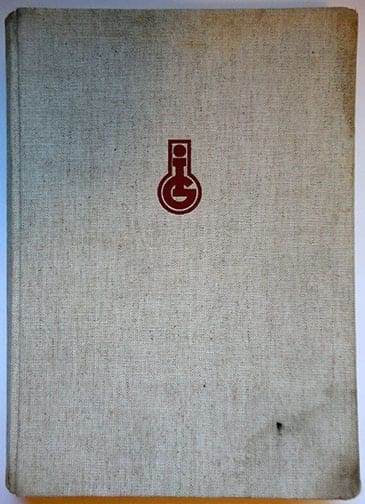
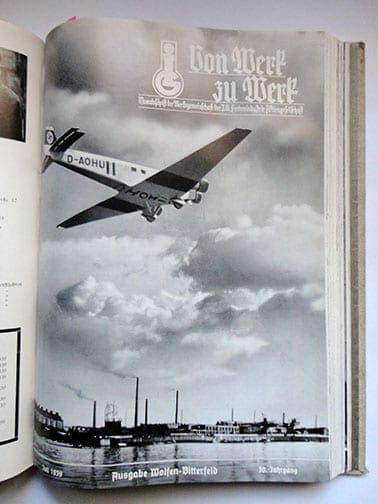
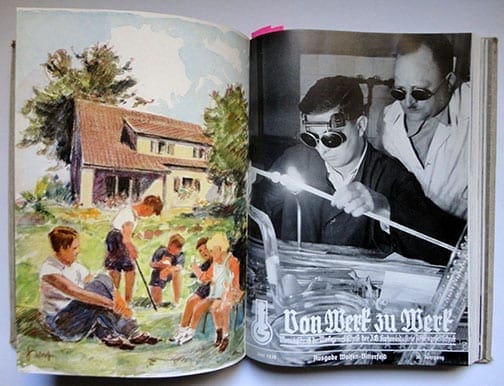
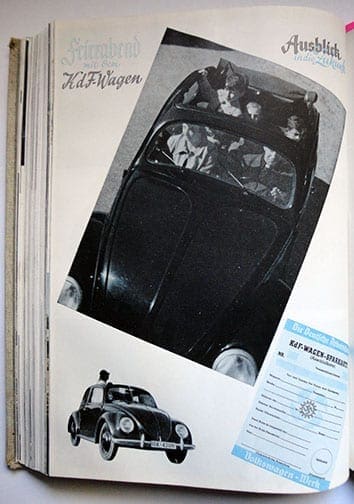
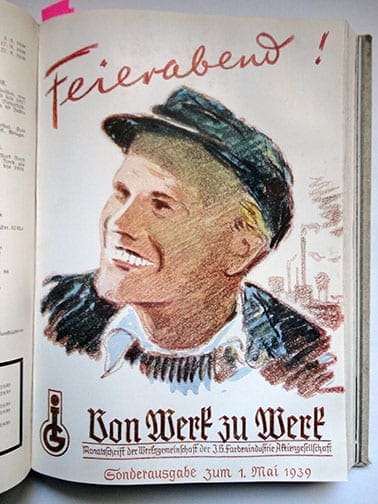
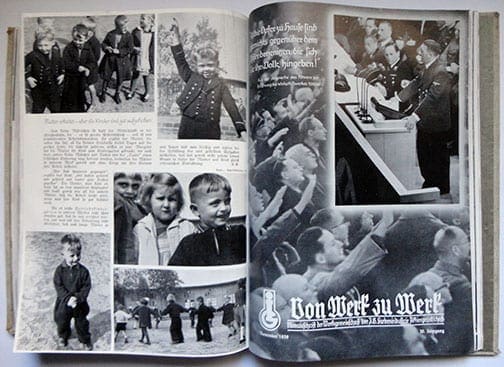
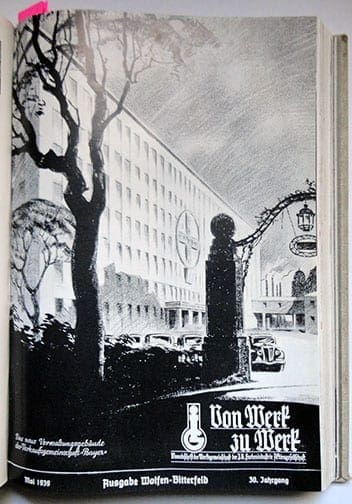
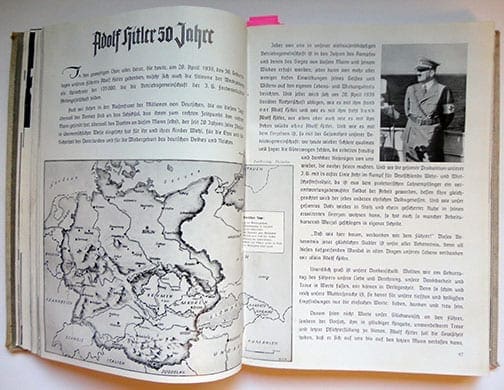
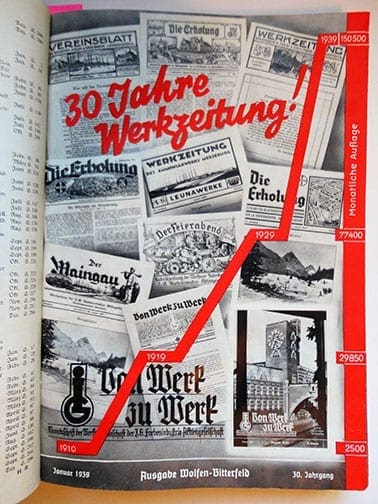
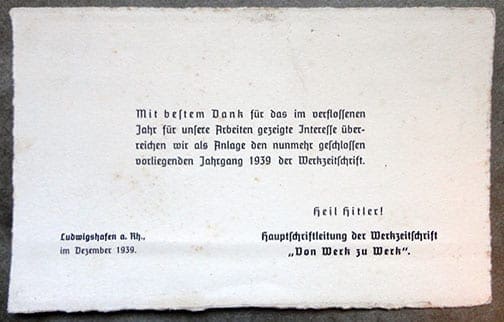
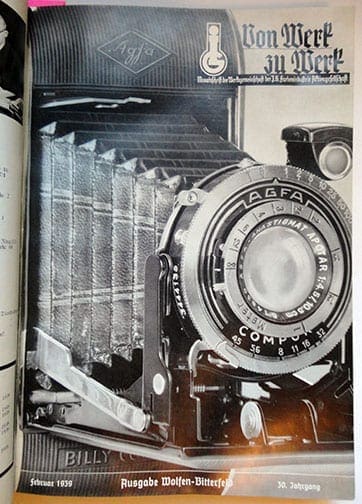
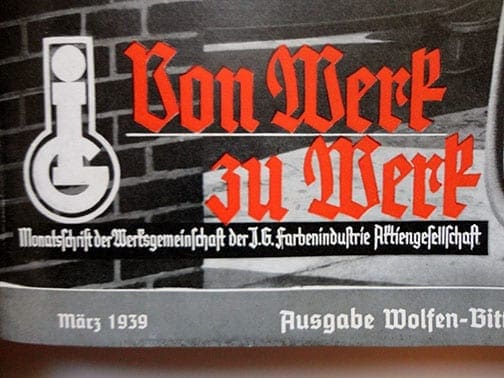
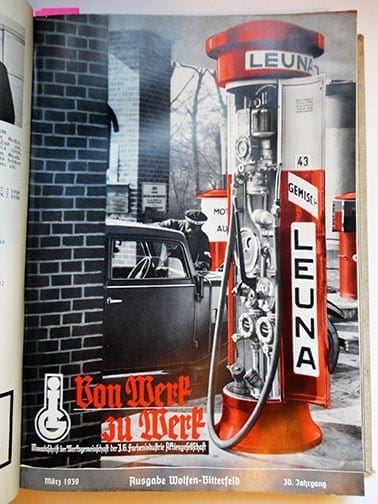
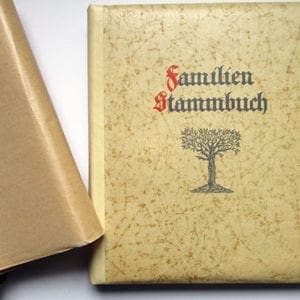
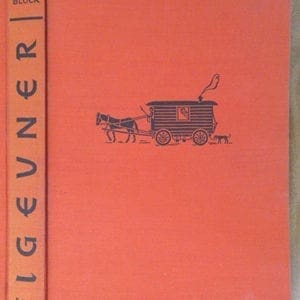
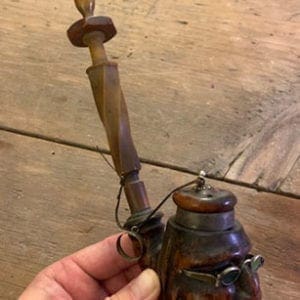
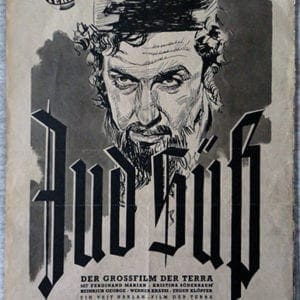
Reviews
There are no reviews yet.